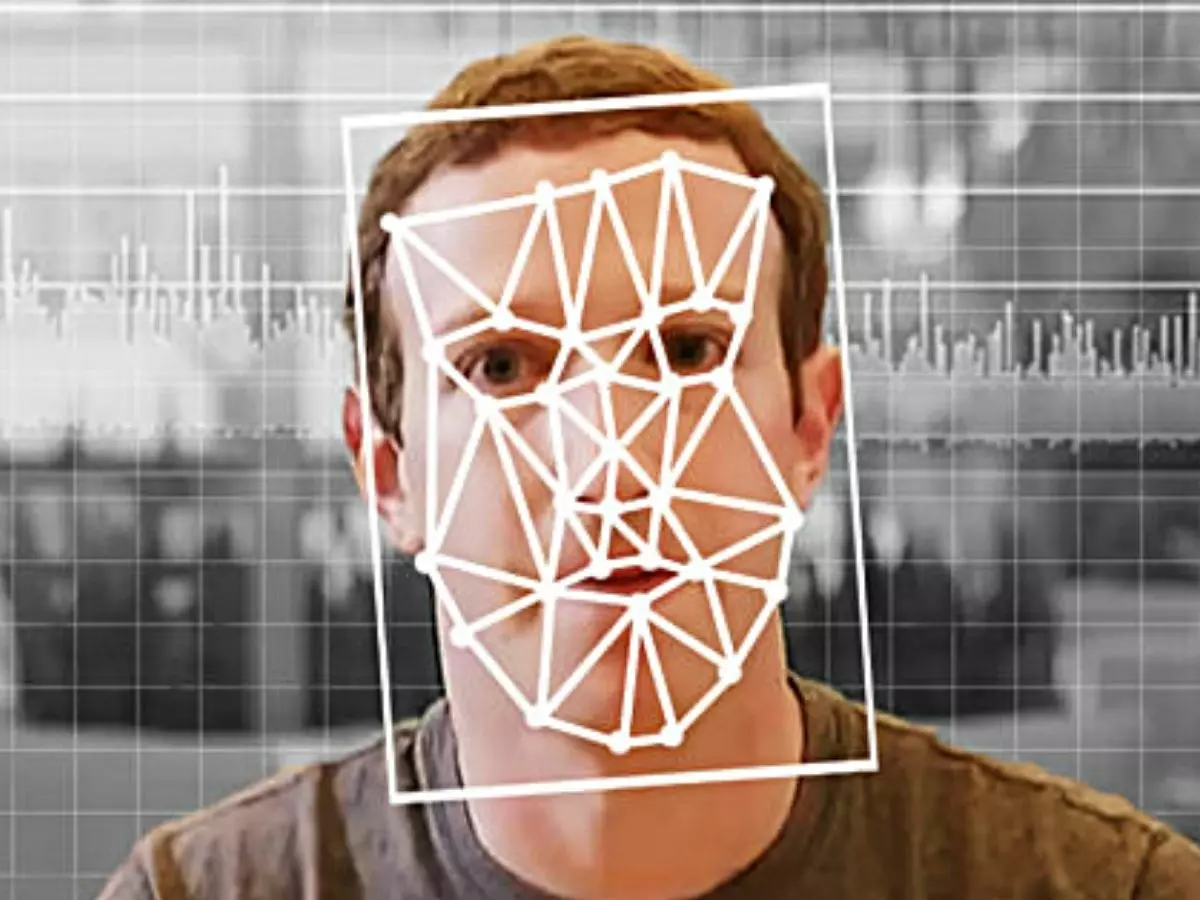Facebook Researchers Develop Tools To Detect Deepfakes And Find Their Origin
According to the researchers, this would allow researchers and practitioners tools to better investigate incidents of co-ordinated disinformation using deepfakes as well as look at new directions for research in the future

Researchers at Facebook have developed an AI software that can identify a deep fake image that, to a naked eye, might feel like the real deal, and help in tracing its origin.
 Getty Images
Getty Images
Also Read: Tom Cruise Video Where He Falls And Smiles Shows How DeepFakes Are Improving
Today we¡¯ve been seeing scary realistic deepfakes online, especially ones with Tom Cruise doing random things he¡¯d normally never do. While it¡¯s all good when it¡¯s fun, deepfakes can be misused to share misleading information too.
To tackle this, Facebook¡¯s researchers have developed a novel deepfake tracing mechanism that looks for cracks left behind during the making of the deepfake to change an image or video¡¯s digital fingerprint. Basically, it looks for places the deepfake failed in making a mask and using that as the fingerprint to trace the origin of the deepfake.
Facebook research scientists Xi Yin and Tal Hassner explain in a statement, ¡°Our reverse engineering method relies on uncovering the unique patterns behind the AI model used to generate a single deepfake image. We begin with image attribution and then work on discovering properties of the model that was used to generate the image. By generalizing image attribution to open-set recognition, we can infer more information about the generative model used to create a deepfake that goes beyond recognizing that it has not been seen before.¡±
Also Read: How BJP Used Deepfake For One Of Its Delhi Campaign Videos And Why It¡¯s Dangerous
They added, ¡°And by tracing similarities among patterns of a collection of deepfakes, we could also tell whether a series of images originated from a single source. This ability to detect which deepfakes have been generated from the same AI model can be useful for uncovering instances of coordinated disinformation or other malicious attacks launched using deepfakes.¡±
 Lionbridge AI
Lionbridge AI
Also Read: AI Tool Can Detect Deepfakes With 94% Accuracy By Scanning The Eyes
According to the researchers, this would allow researchers and practitioners tools to better investigate incidents of co-ordinated disinformation using deepfakes as well as look at new directions for research in the future, claiming that their implementation pushes the boundaries of understanding deepfake detection.
